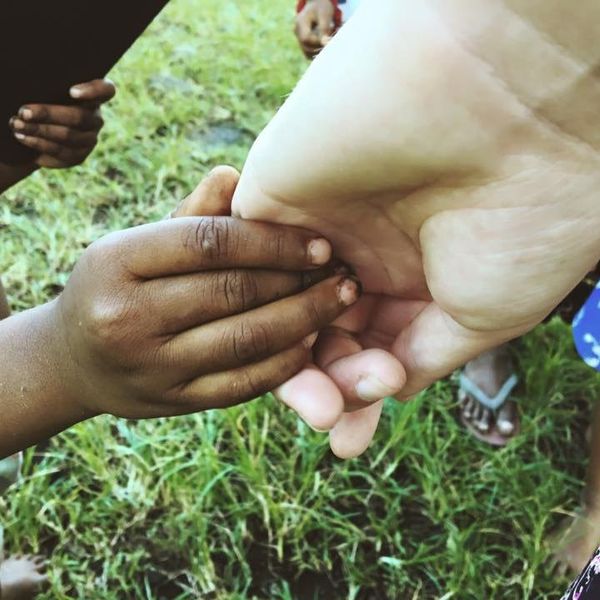Prayer becomes stranger the more you think about it. You’re telling God about things he already knows, asking him to provide in ways he’s already said he will, and hoping he doesn’t see the selfish motives attached to your requests.
It’s your last-ditch effort when you don’t know what else to do, even though it should be first. And you often have no idea what you want the answer to be, much less how to spot it when and if it arrives.
In his essay “The Efficacy of Prayer,” C.S. Lewis gives the example of deciding not to travel to another town to get a haircut and then, on a whim, going to get one in his own town. When he arrives, the barber says, “Oh, I was praying you might come today!”
Did God miraculously change Lewis’s mind, or was this just a coincidence? As atheists like to point out, pretty much everything we understand as answers to prayer have some other rational explanation. So how do we know God is really responding to us?
Lewis says this kind of question “treats prayer as if it were magic, or a machine—something that functions automatically.” But God nearly always answers prayers through other people, and humans are not automatic.
“For [God] seems to do nothing of Himself which He can possibly delegate to His creatures,” Lewis writes. “He commands us to do slowly and blunderingly what He could do perfectly in the twinkling of an eye.” Those other explanations for answer to prayer, coincidence, friendship, medicine, are exactly how God works.
What is God commanding of us in prayer? What slow and blundering work are we doing by kneeling every evening, sometimes quickly, sometimes painfully, sometimes absentmindedly, and telling God about that disease or that test or that girl for the hundredth time?
We’re developing hope. As a virtue, hope is the habitual trust that God’s mercy, love, and grace are sufficient to sustain you through suffering. Since it’s habitual, it needs to be practiced in order to be acquired, and that’s what prayer does. A request implies the belief that the person you’re making the request to can actually grant it.
Even if you don’t feel like God’s love is enough while sitting there in the waiting room or the funeral home, praying as if you do will help form the habit of hope, just as practicing an instrument when it’s unpleasant will eventually help it become pleasant. Prayer makes hope part of you.
When talking to God, our requests for peace, comfort, and victory can be confident because he has promised to give us these things. These promises never change, so our hope is not circumstantial. It is rooted in the eternal goodness and grace of God, not the changing winds of our lives, and prayer helps our roots grow deeper.
But I want to distinguish between what I’m saying and the adage “Prayer doesn’t change God; it changes you.” The latter, at least how I’ve often heard it explained, psychologizes prayer. Prayer becomes a way for us to work out our beliefs and desires and feelings while God sits idly by. We become more godly because we are doing this mental sorting and filing in the presence of God, but not because God is responding to us.
Views like this are, I think, a reaction against Christianity’s emphasis on the “automatic” kind of answers to prayer that Lewis rejected: God clearly doesn’t just give us what we ask for supernaturally, so the real work of prayer must not involve actual answers at all.
But by expanding our view of prayer to include unprovable answers and virtue development, we can affirm wholeheartedly that God does answer prayer. As my philosophy professor said on our last day of class, “Someone once told me that God will never give you an answer to prayer that you can’t recognize as an answer.” We just need to pay attention.
I am indebted to Calvin College philosophy professor Rebecca Konyndyk DeYoung for the connection between prayer and practicing the virtue of Hope. The quote at the end is from her as well.





















